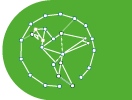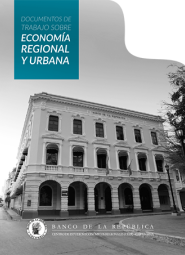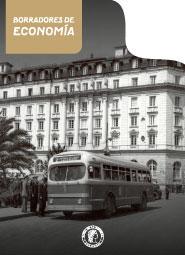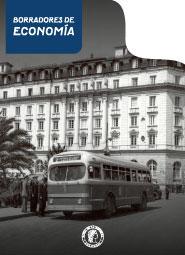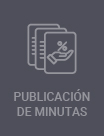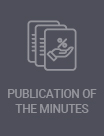Foreign Exchange Intervention Revisited: A New Way of Estimating Censored Models
La serie Borradores de Economía es una publicación de la Subgerencia de Estudios Económicos del Banco de la República. Los trabajos son de carácter provisional, las opiniones y posibles errores son responsabilidad exclusiva del autor y sus contenidos no comprometen al Banco de la República ni a su Junta Directiva.
Most of the literature on the effectiveness of foreign exchange intervention has yet to reach a general consensus. In part, this is due to the different estimation methods in which exogenous variation is identified. In this sense, the use of heavily-dependent parametric models can sometimes condition the validity of results. In this paper we allow for a more flexible estimation of policy functions by using a censored least absolute deviation model, applied to a time-series framework. We first corroborate the properties of the estimators that we use through simulation exercises for cases in which: (i) the degree of censoring varies, (ii) errors are subject to conditional heteroskedasticity, (iii) the distribution of the errors varies, and (iv) when there are multiple censoring thresholds. The simulation exercises suggest that the estimator used is robust to both conditional heterosckedasticity and heavy tailed distributions in the error term. However, we show that misspecification, when considering a single-valued instead of multiple-valued thresholds, leads to an estimation bias. Finally, we carry out empirical estimations for the case of Turkey and Colombia and compare our findings with the related literature.
The series Borradores de Economía is published by the Economic Studies Department at the Banco de la República (Central Bank of Colombia). The works published are provisional, and their authors are fully responsible for the opinions expressed in them, as well as for possible mistakes. The opinions expressed herein are those of the authors and do not necessarily reflect the views of Banco de la República or its Board of Directors.

